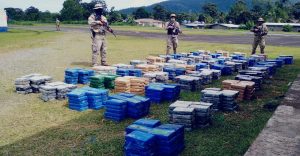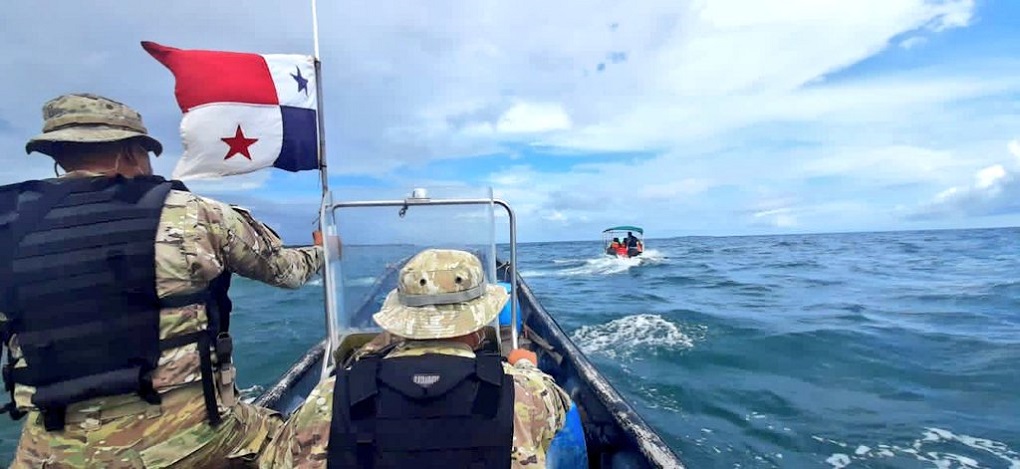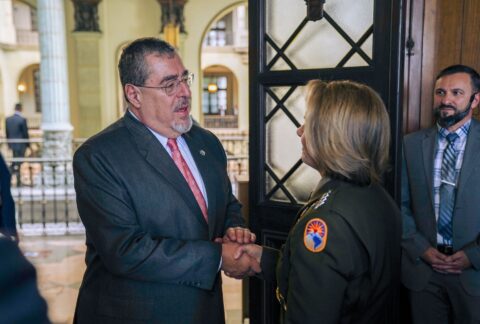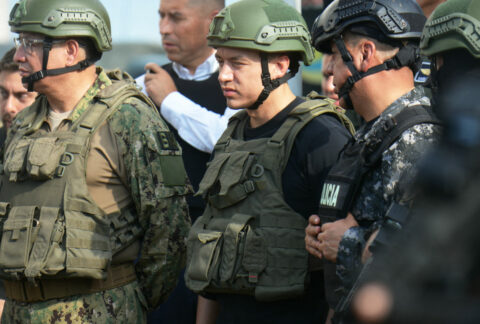The Panamanian Air and Naval Service (SENAN, in Spanish) and Panamanian Ministry of Security seized 6.5 tons of cocaine in five operations carried out with Colombian and U.S. support, November 23-30, 2020.
“We have strengthened our operations with the collaboration of Costa Rica, Colombia, and the United States. These countries have participated in 50 percent of the 91 operations carried out this year,” Commissioner Ramón López, SENAN’s general director, said on November 30. “[They participated] above all, in exchanging information and maritime patrols, in supporting operations in our territorial sea and in international waters.”

Authorities seized the first cache on November 23, in El Porvenir, Guna Yala region, Panama. SENAN reported intercepting a speedboat carrying 1.7 tons of cocaine with U.S. and Colombian air support. Hours later, Panamanian authorities reported the location of another boat with 1.2 tons in Río Indio, Colón province.
“As a result of the pandemic, during the months of inactivity, these criminal groups stored large amounts of drugs in producing countries,” Javier Caraballo, the Panamanian Office of the Attorney General’s top anti-drug prosecutor, told the press on November 23. “These criminal groups have resorted to the use of speedboats, which have the capacity to carry large quantities of drugs, to move the paralyzed production. That results in an increase in the amount of drugs that we seize in each operation.”
On November 29, in coordination with U.S. and Colombian authorities, Panama seized three stashes of cocaine in speedboats in Punta Burica, Chiriquí province, SENAN said on Twitter. The first stash weighed 1 ton, and the second one was 1.1 tons. Toward the end of the day, authorities reported the third seizure of 1.4 tons, in Bocas del Toro province.
“The Southern Triangle countries [Colombia, Costa Rica, and Panama], with direct help from the United States, we carry out our intelligence operations and managed to shield our maritime space to block the transfer of these substances,” Commissioner Edson Castillo, SENAN’s head of Air and Naval Operations, said. “Help in these cases is based on technology and information.”









